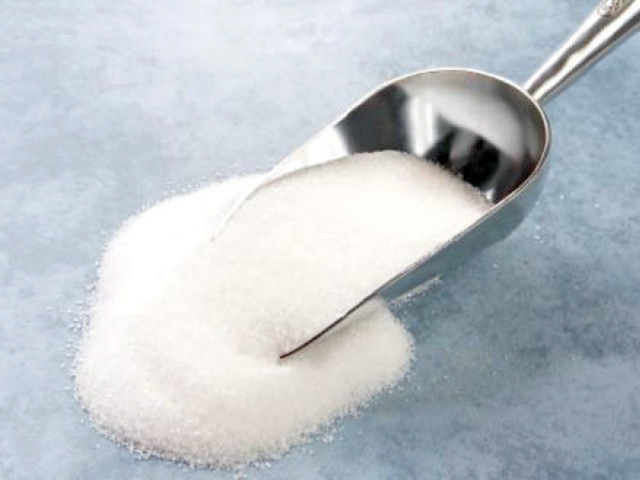Financial worries: USC feels strain, bureaucrats push for privatisation
Demands Rs500m subsidy or closure of 2,000 stores across country.

The consumers, who visited USC outlets because of lower prices of sugar and other essential goods, have stopped going to the outlets following the scrapping of subsidy. STOCK IMAGE
An influential lobby in government circles is hesitant to make efforts to prevent the financial affairs of the Utility Stores Corporation from worsening, in an attempt to push the case for the USC’s privatisation.
The top bureaucracy is working on a plan to sell off utility stores and is, therefore, reluctant to find a solution to the USC’s financial troubles, officials say.
USC has suggested to the government to either allocate a subsidy of Rs500 million per month on sugar sales at its outlets or close over 2,000 stores across the country following a sharp decline in its business. It also calls for sacking thousands of employees due to a dent in its revenues.

“USC sent this plan to the Ministry of Industries two months back for its presentation before the Economic Coordination Committee (ECC) to ease the financial strain, but the ministry has not taken any action so far,” an official said.
The minister of industries had resigned due to a tussle with the former managing director of USC.
In April last year, the ECC had stopped the Trading Corporation of Pakistan (TCP) – the state-owned grain trading agency – from purchasing sugar for the utility stores and directed the USC to buy the sweetener directly from the mills.
According to officials, the USC started feeling the pinch following withdrawal of the sugar subsidy and a halt to purchases from the TCP, the stock of which had been exhausted.
Sugar millers seek advance payment for sale to the USC, which is unable to pay in advance and buy sugar from the mills.
Officials point out that the consumers, who visited USC outlets because of lower prices of sugar and other essential goods, have stopped visiting the outlets following the scrapping of subsidy. As a result, sugar sales have dropped at the stores.
“USC sales have dropped to Rs3.5 billion per month against Rs6 billion earlier,” the official said, adding sales have declined Rs15 billion in the last six months.
The government stopped providing the subsidy after complaints that the USC was selling the sweetener at higher prices, denying consumers, particularly the low-income class, the benefit of reduced prices.
In its meeting in April last year, the ECC came to know about reports that USC sugar was being sold illegally at higher prices to take advantage of the price difference of Rs5 per kg.
From July 2012 to December 2013, the subsidy on sugar sales through USC outlets stood at Rs22.2 billion including the TCP’s procurement charges of Rs8.6 per kg and USC’s incidental charges of Rs7.53 per kg.
Participants of the ECC meeting stressed that under the Rules of Business 1973, the Ministry of Industries and Production had the responsibility to keep a close watch over the general price trends and supply of essential commodities including sugar but it failed to perform its functions.
Published in The Express Tribune, February 11th, 2015.
Like Business on Facebook, follow @TribuneBiz on Twitter to stay informed and join in the conversation.



















COMMENTS
Comments are moderated and generally will be posted if they are on-topic and not abusive.
For more information, please see our Comments FAQ